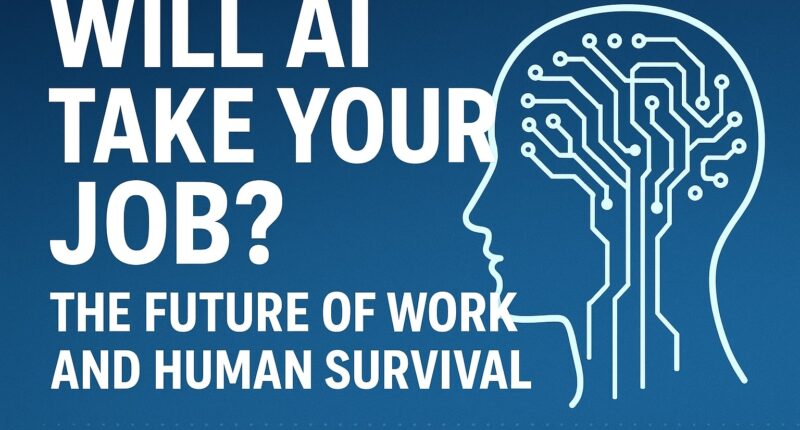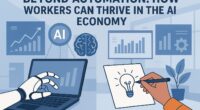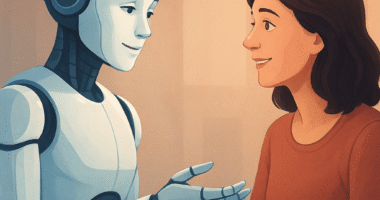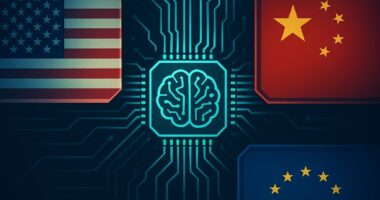Artificial Intelligence (AI) is rapidly transforming industries, reshaping workplaces, and sparking a crucial question: Will AI take your job? While automation and machine learning are boosting efficiency, they also challenge traditional employment models. Understanding the future of work and how humans can adapt is key to survival in this new era.
How AI Is Changing the Job Market
AI is no longer a futuristic concept—it’s already here. From chatbots handling customer service to algorithms analyzing medical data, AI systems are reshaping how tasks are performed. According to recent studies, millions of jobs may be automated within the next decade, particularly in industries like:
-
Manufacturing and logistics – robots and AI-powered systems improve speed and reduce human error.
-
Finance and accounting – automation handles repetitive tasks such as auditing and bookkeeping.
-
Retail and customer service – AI chatbots provide instant responses, reducing the need for large support teams.
However, while some roles are disappearing, others are being created. The demand for data analysts, AI engineers, and cybersecurity specialists is growing as businesses adapt to digital transformation.
Will AI Replace All Jobs?
The fear that AI will completely replace human labor is common, but not entirely accurate. AI excels at routine, predictable tasks but struggles with creativity, empathy, and complex problem-solving—skills that remain uniquely human.
Jobs Most at Risk
-
Data entry clerks
-
Telemarketers
-
Drivers (with the rise of autonomous vehicles)
Jobs Likely to Grow
-
Healthcare professionals
-
AI and robotics developers
-
Creative roles in design, media, and innovation
Instead of a complete takeover, the future points to AI-human collaboration, where technology handles repetitive processes while humans focus on innovation, strategy, and emotional intelligence.
The Future of Work: Adapt or Be Left Behind
To thrive in an AI-driven economy, individuals and businesses must adapt. The ability to learn new skills, embrace technology, and remain flexible will determine long-term survival.
Key Strategies for Human Survival in the AI Era
-
Upskilling and Reskilling – Workers must continuously upgrade digital and technical skills to stay competitive.
-
Emphasizing Human-Centered Skills – Critical thinking, creativity, and emotional intelligence are difficult for AI to replicate.
-
Lifelong Learning – Education should not stop after graduation; professionals must evolve with technology.
-
Collaboration with AI – Rather than fearing AI, workers should learn to leverage it as a powerful tool.
Final Thoughts: AI as a Threat or Opportunity?
So, will AI take your job? The truth is more nuanced. While automation will replace certain roles, it will also create opportunities for new ones. Human survival in the AI era depends on adaptability, continuous learning, and embracing change.
The future of work is not about man versus machine—it’s about man with machine. Those who understand this partnership will not just survive but thrive in the age of artificial intelligence.









